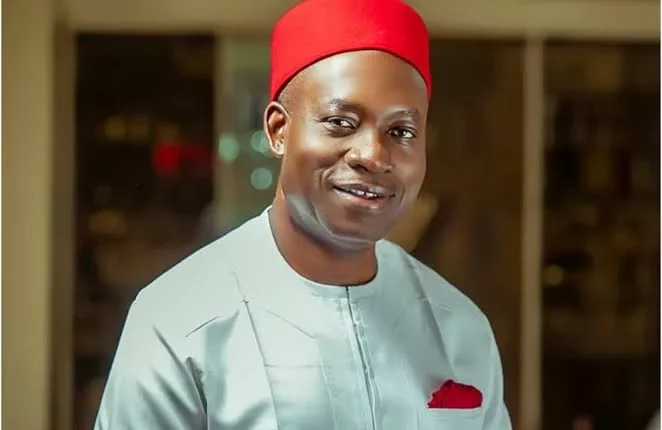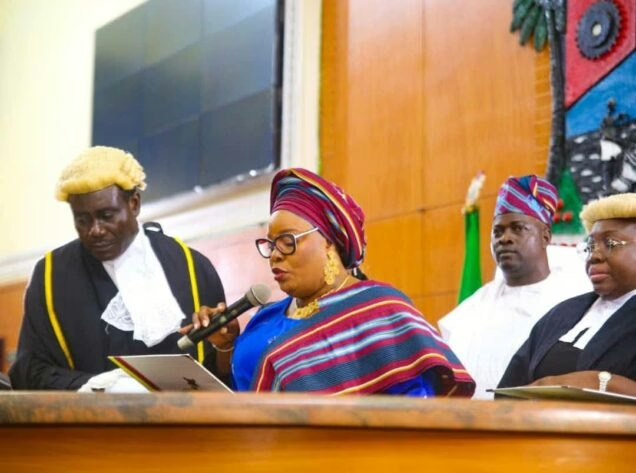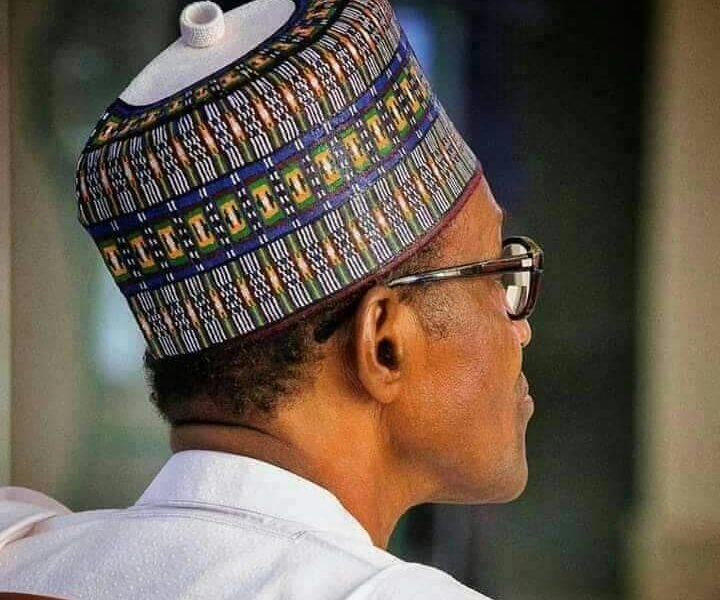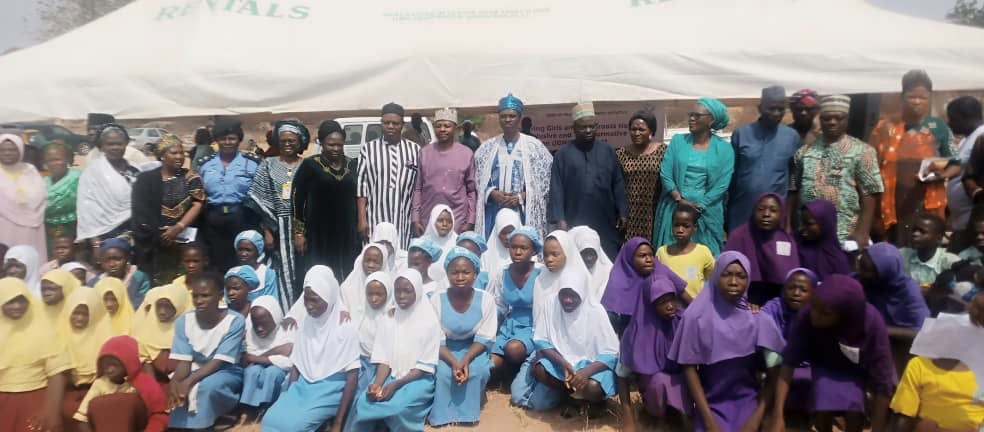It is 2008, crude oil prices have skyrocketed, and Gulf countries are enjoying an economic boom.
Arab investors are snapping up properties and businesses across the globe, including in the United States.
This reinforces the prevalent notion in the West that Arabs are excessively wealthy and prone to extravagant spending.
Given the backdrop of the 2008 financial crisis, it’s understandable how this perception ran deep.
Busta Rhymes, a rapper and singer from Brooklyn, witnessed these times. And sensing the currents, he tapped into this sentiment with full force.
In October 2008, he released Arab Money, his most controversial track. Known for his flamboyance, Buster Rhymes saw a chance to align himself with Arab’s nouveau riche. He aimed to flaunt his wealth and attract a broader audience.
Yet, the song left a bad taste for some Arabs. To them, Busta Rhymes’ attempt to “rep the culture” came off as cultural appropriation.
He seemed to be exploiting elements of Arab culture for his own benefit. Others felt it was downright disrespectful and reinforced negative stereotypes.
Bowing to criticism, Busta Rhymes released a remix. He collaborated with Arab rappers like Ron Browz and Diddy.
They added Arabic verses, hoping to appease critics. Nevertheless, the song was still banned in the United Arab Emirates.
Despite its mixed reception, Arab Money was a commercial hit. It ranked number 100 on the US Billboard Hot 100 chart.
It even inspired other music artists to create similar pieces, such as Jay-Z’s ‘On to the Next One’ and Kanye West’s ‘Power’, which both referenced Arab wealth and culture.
In today’s pop culture, ‘Arab Money’ signifies a stereotype and sometimes a celebration of the vast fortunes attributed to Arabs, especially those from the Gulf nations such as Saudi Arabia, the United Arab Emirates (especially Dubai), Qatar, Kuwait and Oman.
This image stems mainly from the significant profits these nations have made from the petroleum industry over many years.
The accuracy of Busta Rhymes’s portrayal of Arab spending habits is a subject for another discussion. Yet, the vast wealth and influence of the Gulf States and their business leaders is undeniable.
In its 2023 report titled ‘State-Owned Investors in a Multipolar World, the Global Sovereign Wealth Fund’ data platform revealed that “Five out of the ten most active investors hail from the Middle East.”
Moreover, the Middle East ranked second in terms of outbound capital. Its wealth funds invested nearly $89 billion in 2022, double the amount from the previous year. Out of this, $51.6 billion went into Europe and North America.
Due to the surge in energy prices, Sovereign Wealth Funds from Saudi Arabia, Qatar and Abu Dhabi, now oversee more than $3.5 trillion.
Bloomberg reports, “They are now bankrolling some of the world’s biggest rescue packages, investments and acquisitions—and show no signs of pulling back in 2023.”
Historically, Gulf investors focused on acquiring prime assets such as real estate in top cities, football clubs, and department stores. Nowadays, dealmakers note that these investors are taking a more calculated approach.
They are using their wealth to play more significant roles on the world stage, diversify their economies and garner geopolitical influence.
Speaking of geopolitics, since 2022, there has been a noticeable increase in confidence and a calm sense of authority among Gulf business leaders and government officials. This carriage is understandable.
The Russo-Ukrainian War and sanctions on Russia have made Western countries more reliant on the Gulf States.
Saudi Arabia, the United Arab Emirates, Qatar and Kuwait have become crucial suppliers of oil and natural gas. This has enhanced the influence of the Gulf Cooperation Council.
Thanks to these developments, the Middle East is increasingly becoming a key source of investment capital globally. However, Global SWF states, “vast pools of Middle Eastern capital remain untapped.”
Perhaps Tinubu, like Busta Rhymes, has sensed the tides. Determined to get Nigeria’s share of the Arab Money, he led a team of eight ministers and heads of agencies to Riyadh, Saudi Arabia, to attend the first Saudi-Africa Summit scheduled for November 10, 2023.
During the opening ceremony, he reassured potential investors about the security of investing in Nigeria.
“I also wish to assure all potential Saudi investors of the safety of their investments based on the sanctity of the rule of law and good returns on their investments in the largest economy in Africa,” he pledged.
At the Nigeria-Saudi Investment Roundtable, the President guaranteed Saudi business leaders unrestricted movement of their funds into and out of Nigeria, saying the bottlenecks that created the impasse were long gone.
“Your Money will flow easily in and out. The arbitrage around our nation’s old foreign exchange policy regime and the corruption that was associated with it is also gone,” Tinubu affirmed.
With this promise, he invited the Islamic Development Bank to support Nigeria with a multi-billion-dollar infrastructure finance facility. This funding is expected to support a multi-sectoral portfolio of infrastructure projects nationwide.
“There are several sectors replete with investment opportunities for smart investors. Access to finance and guarantees can be a hindrance in some cases. You can come in there. We see you as a critical enabler,” Tinubu told Vice-President (Country Programmes) of the Islamic Development Bank, Dr Mansur Muhtar, after the evening prayers in Mecca last Monday.
Responding to Tinubu’s assurances, his Saudi audience said they had been monitoring events in Nigeria and were confident that the country meant business this time.
Therefore, the Saudi Crown Prince, Mohammed bin Salman Al Saud, announced plans to invest in rehabilitating Nigerian refineries.
The Kingdom also said it is prepared to support Nigeria’s foreign exchange reforms through a substantial deposit to enhance its forex liquidity.
Moreover, The IDB announced that Nigeria would receive a significant share of its $50bn investment in Africa.
The Saudi Minister of Trade and Investment, Kahlid El-Falih, echoed this commitment and announced plans for substantial new investments from the Saudi business community.
El-Falih stated, “The Minister of Commerce and I will be visiting Nigeria either before the end of this year or very early next year with a very large delegation of Saudi CEOs from all key sectors. We know you are ready for business, so we do not want to come to Nigeria for any exploratory discussion. We are coming for implementation. It is an action visit.”
To assume that these kinds of promises from foreign investors to Nigeria are unprecedented would be naïve.
We may fill the US Library of Congress if we documented every tale of investors backing out after encountering the challenging realities of Nigeria’s business environment.
Now, it is up to Tinubu and his team to prove that the Nigeria they are building is by far better and different from the past.
It is up to every Nigerian, whether in the public or private sector, to help concretise these agreements into tangible outcomes. They must set an example to keep investors interested.
Furthermore, it is up to every citizen to tell the Nigerian story in a way that attracts new Arab Money and retains existing ones.
Ultimately, every Nigerian is a Busta Rhymes, making music with our lifestyle, faith, relationships, work ethic and the narrative we create about our country.
Last Monday, the sun set on an iconic era of entertainment with the passing of Usman Pategi, widely known as Samanja.
Tinubu described his death as a painful loss, saying he contributed to the country through the various vocations he pursued in his lifetime.
Samanja stood out with his unique moustache, setting him apart from all other TV characters of his time.
His performances brought joy and laughter, fostering patriotism and respect for those in service.
It wasn’t just his acting that earned the gratitude of most young adults like me but also what he sacrificed to give us a memorable childhood.
Samanja’s life is a touching tale of a prince who chose the stage over the throne. Instead of a quiet life of aristocracy, he took an unpredictable path in media, the military and entertainment.
By following his dreams, Samanja became a different kind of monarch; he earned pioneer status in the Hausa movie industry, Kannywood.
Serving the people meant showcasing the vibrancy of the Hausa culture and its rich traditions to a broader audience.
His roles were as varied as they were memorable. It made sense when, in a 2016 interview, Samanja confessed to receiving his ideas in his dreams. Such a genius could not have been from this world.
His sacrifices paid off! In the same interview, he reflected, “If I regret anything, then I have committed a grave offence.
How did I become so popular that I am so well-known today, if not for my career choice? Who cares who Usman Baba Pategi is if not for my role as Samanja? Even though I am from a royal family, what I am trying to do is live a life worth emulating. This is so when you are no more, others can learn and benefit from it and be inspired.”











